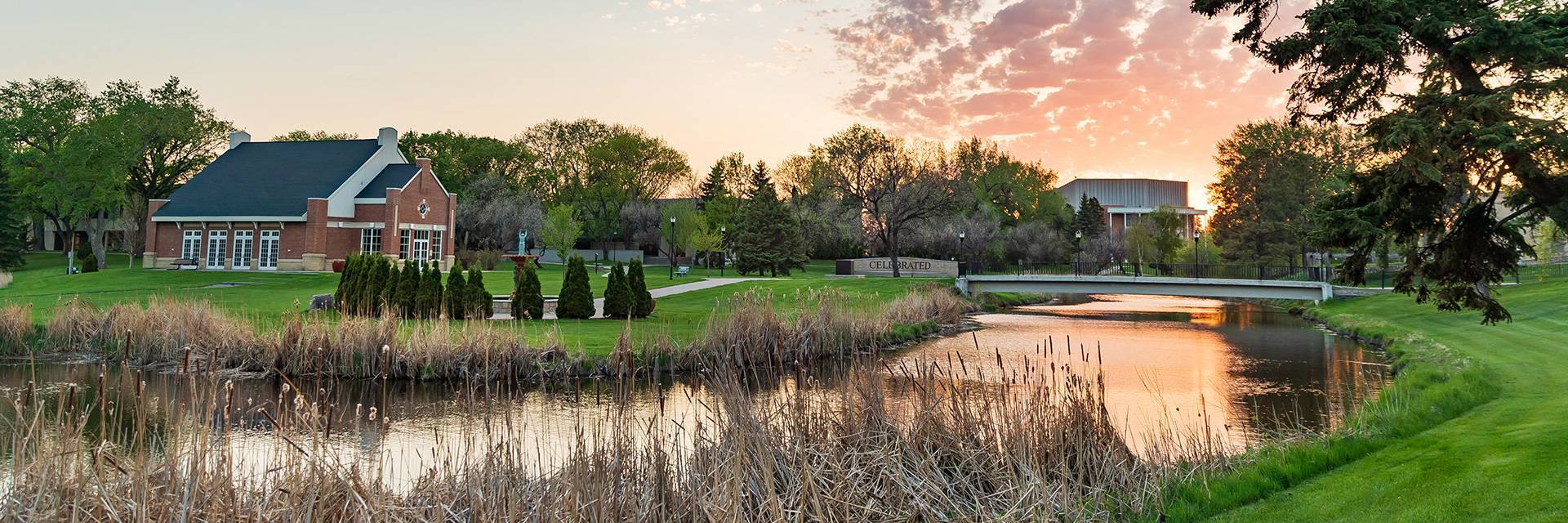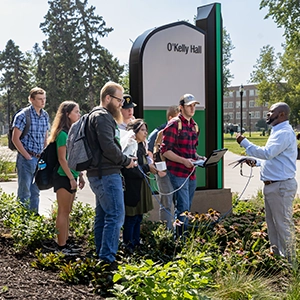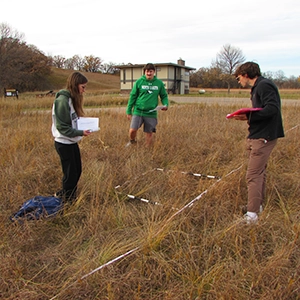
Geography & Geographic Information Science
Geography is the science of place and space.
Geographers ask where things are located on the surface of the Earth, why they are located where they are, how places differ from one another, and how people interact with the environment.
Our Programs
Undergraduate Degrees
Graduate Degrees
Certificate Program and Minor
Branches of Geography
Human Geography
Human geography is concerned with the spatial aspects of human existence - how people and their activity are distributed in space, how they use and perceive space, and how they create and sustain the places that make up the earth's surface. Human geographers work in the fields of urban and regional planning, transportation, marketing, real estate, tourism, and business.
Physical Geography
Physical geographers study patterns of climates, landforms, vegetation, soils, and water. They manage land and water resources and study forests, rangelands, wetlands, and natural hazards.
Many human and physical geographers have skills in geospatial technologies such as cartography, Geographic Information Systems (GIS), remote sensing, and global positioning systems. Geographers also study the linkages between human activity and natural systems. Geographers were, in fact, among the first scientists to sound the alarm that human-induced changes to the environment were beginning to threaten the balance of life itself. They are active in the study of global warming, desertification, deforestation, loss of biodiversity, groundwater pollution, and flooding.
From the Association of American Geographers
Department Mission
The mission of the Department of Geography is to provide high quality baccalaureate and master's degree programs that include a strong theoretical foundation in physical and human environments and employ state-of-the-art geospatial tools and techniques of analysis. The department values and promotes excellence in teaching, scholarly activities, and involvement in services to the community, state, nation, and the world. We are committed to: (1) preparing scientifically-competent and environmentally-aware students; (2) contributing to the advancement of knowledge within our discipline; and (3) continuing to implement the University’s strategic goals, assess departmental progress, and adjust our teaching, research, and service activities to serve the people of North Dakota, the nation, and the world.

